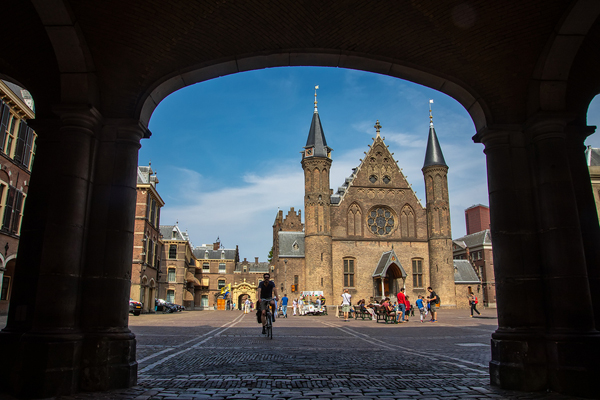
Thinking about moving to The Hague? Below we highlight some of the pros and cons of living in The Hague.
Known for its rich history, stunning architecture, and international atmosphere, The Hague is a city that has much to offer. As the third-largest city in the Netherlands, it is home to the Dutch government and the International Court of Justice, making it a hub for politics and law. However, like any city, living in The Hague comes with its own set of advantages and disadvantages. This article will delve into the pros and cons of residing in this Dutch city, providing a comprehensive overview for those considering making The Hague their new home.
Pros of Living in The Hague
One of the most significant advantages of living in The Hague is its international atmosphere. The city is home to over 150 international organizations, including the United Nations International Court of Justice and the International Criminal Court. This international presence has created a diverse and multicultural community, making it an exciting place to live for expats from all over the world.
Another advantage of living in The Hague is its high standard of living. The city offers a wide range of amenities, from high-quality healthcare and education to excellent public transportation. The healthcare system in The Hague is particularly noteworthy, with numerous top-rated hospitals and clinics, such as the Haga Hospital and the Bronovo Hospital. The education system is equally impressive, with a variety of international schools, such as the British School in The Netherlands and the International School of The Hague.
The Hague also boasts a vibrant cultural scene. The city is home to numerous museums, art galleries, and theatres. The Mauritshuis Museum, for example, houses a vast collection of Dutch Golden Age paintings, while the Gemeentemuseum is renowned for its modern art collection. The city also hosts a variety of festivals and events throughout the year, such as the annual King’s Day celebration and the International Fireworks Festival.
Furthermore, The Hague offers a variety of recreational activities. The city is surrounded by beautiful parks and green spaces, such as the Haagse Bos and the Westbroekpark. The city’s location along the North Sea also provides opportunities for beach activities, with the popular Scheveningen Beach just a short distance away.
Finally, The Hague’s location in the heart of the Netherlands makes it an excellent base for exploring the rest of the country. Major cities like Amsterdam, Rotterdam, and Utrecht are all within an hour’s train ride, making weekend trips a breeze. Additionally, the city’s well-connected public transportation system makes getting around The Hague and beyond easy and convenient.
Cons of Living in The Hague, Netherlands
Despite its many advantages, living in The Hague also has its downsides. One of the main disadvantages is the high cost of living. While salaries in The Hague are generally higher than the national average, so too are living expenses. Rent, in particular, can be quite high, especially in the city center and popular expat neighborhoods. Additionally, the cost of groceries, dining out, and other everyday expenses can add up quickly.
Another disadvantage of living in The Hague is the weather. The Netherlands is known for its rainy climate, and The Hague is no exception. The city experiences frequent rainfall throughout the year, and winters can be particularly cold and damp. While some people may enjoy this type of weather, it can be a significant drawback for those accustomed to sunnier climates.
The language barrier can also be a challenge for expats living in The Hague. While English is widely spoken in the city, especially within the international community, Dutch is the official language. This can make everyday tasks like shopping, banking, and interacting with local authorities more difficult for those who do not speak Dutch. However, there are numerous language schools in the city, such as the Direct Dutch Institute and the Taal Taal language school, that offer Dutch language courses for expats.
While The Hague has a relatively low crime rate compared to other major cities, it is not immune to crime. Certain areas of the city, particularly those on the outskirts, have higher crime rates than others. However, by taking basic precautions and staying aware of their surroundings, residents can significantly reduce their risk of becoming a victim of crime.
Finally, while The Hague’s international atmosphere is a major draw for many expats, it can also make integrating into Dutch society more challenging. The city’s large expat community can sometimes feel isolating, making it harder to form connections with locals and fully immerse oneself in Dutch culture. However, there are numerous social clubs and organizations, such as the International Women’s Club of The Hague and the American Women’s Club of The Hague, that can help expats connect with others and feel more at home in the city.


